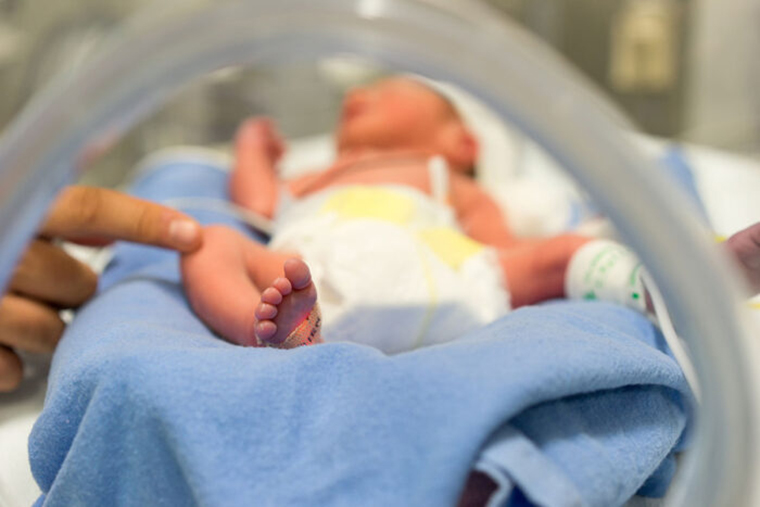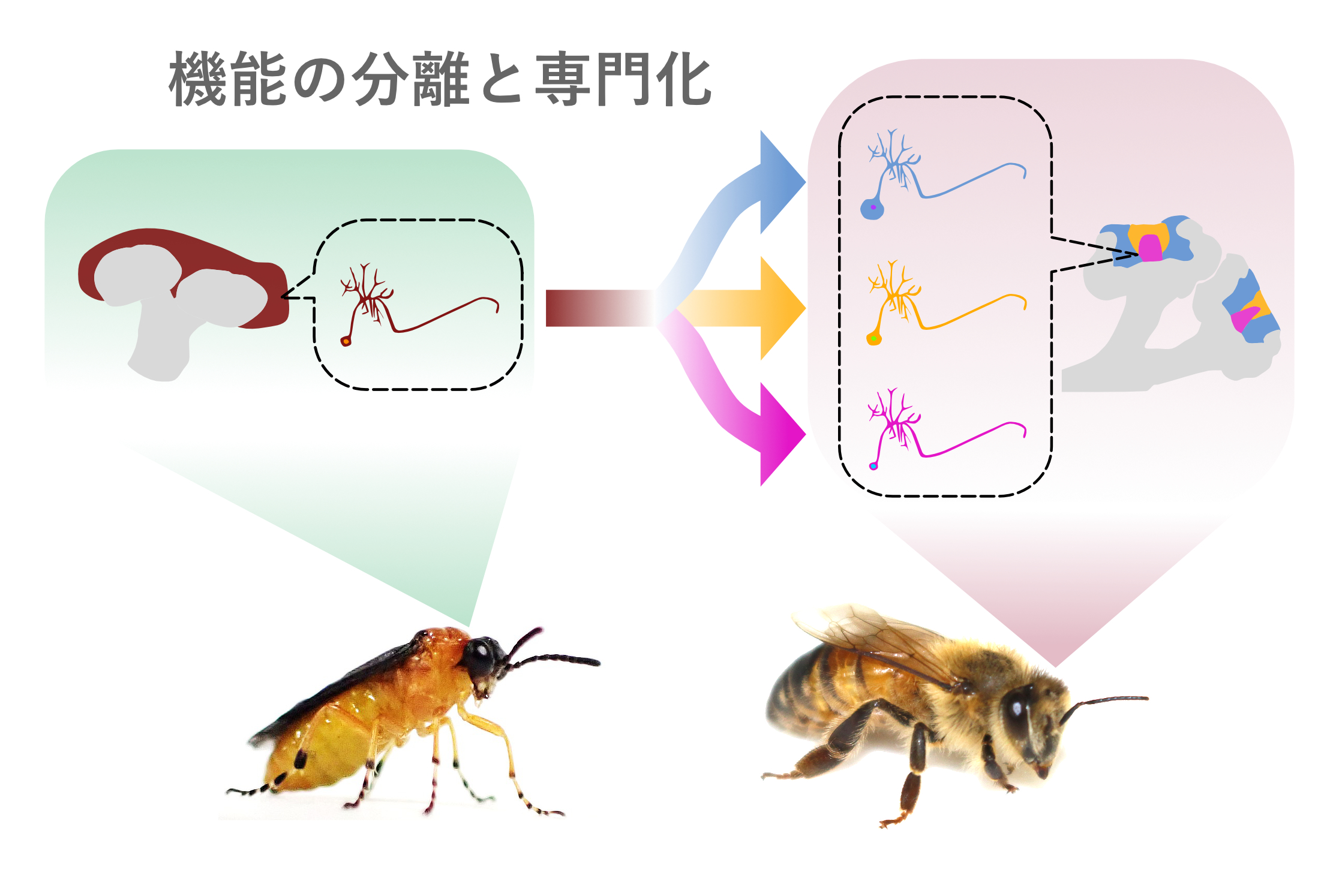2023-05-05 カロリンスカ研究所(KI)
◆PCOSは、卵巣が性ホルモンテストステロンを過剰に産生することによって引き起こされる。この病気は世界中の出産可能な年齢の女性の約15%に影響を与え、妊娠が困難になることがある。また、糖尿病、肥満、精神疾患など、様々な健康問題と関連している。女性の場合、PCOSを持つ母親の娘は同じ病気にかかるリスクが5倍になるが、男性の場合はどのように影響するかはまだ明確でない。
◆研究では、スウェーデンで生まれた46万人を超える息子を対象に、PCOSを持つ女性の子供である約9,000人を特定し、肥満になっているかどうかを調べた。その結果、PCOSを持つ女性の息子は、肥満と高い「悪玉」コレステロールを持つリスクが2倍になることがわかった。
◆マウス実験でも同様の結果が得られ、健康的な食事を摂取しているにもかかわらず、肥満細胞が多く、基礎代謝が乱れ、再生産機能が悪化していたことが示された。
◆将来的には、このような健康問題が男性の家族を通じて代々受け継がれるリスクがあることを強調し、これらの問題を早期に特定、治療、予防するための方法を見つける手助けになるかもしれない。
<関連情報>
- https://news.ki.se/how-pcos-can-affect-the-health-of-future-generations-of-men
- https://www.cell.com/cell-reports-medicine/fulltext/S2666-3791(23)00149-0
多嚢胞性卵巣症候群の男性子孫における生殖機能障害および代謝機能障害の世代間伝達について Transgenerational transmission of reproductive and metabolic dysfunction in the male progeny of polycystic ovary syndrome
Sanjiv Risal,Congru Li,Qing Luo,Romina Fornes,Haojiang Lu,Gustaw Eriksson,Maria Manti,Claes Ohlsson,Eva Lindgren,Nicolas Crisosto,Manuel Maliqueo,Barbara Echiburú,Sergio Recabarren,Teresa Sir Petermann,Anna Benrick,Nele Brusselaers,Jie Qiao,Qiaolin Deng,Elisabet Stener-Victorin
Cell Reports Medicine Published:May 05, 2023
DOI:https://doi.org/10.1016/j.xcrm.2023.101035

Highlights
•PCOS-sons are often obese and have dyslipidemia
•miRNAs altered in the serum of PCOS-sons and women with PCOS targets PCOS-risk genes
•Small RNAs present in sperm imply transgenerational transmission of phenotype in mice
•Shared miRNAs between mouse sperm of F1–F3 generations and human serum are revealed
Summary
The transgenerational maternal effects of polycystic ovary syndrome (PCOS) in female progeny are being revealed. As there is evidence that a male equivalent of PCOS may exists, we ask whether sons born to mothers with PCOS (PCOS-sons) transmit reproductive and metabolic phenotypes to their male progeny. Here, in a register-based cohort and a clinical case-control study, we find that PCOS-sons are more often obese and dyslipidemic. Our prenatal androgenized PCOS-like mouse model with or without diet-induced obesity confirmed that reproductive and metabolic dysfunctions in first-generation (F1) male offspring are passed down to F3. Sequencing of F1–F3 sperm reveals distinct differentially expressed (DE) small non-coding RNAs (sncRNAs) across generations in each lineage. Notably, common targets between transgenerational DEsncRNAs in mouse sperm and in PCOS-sons serum indicate similar effects of maternal hyperandrogenism, strengthening the translational relevance and highlighting a previously underappreciated risk of transmission of reproductive and metabolic dysfunction via the male germline.


